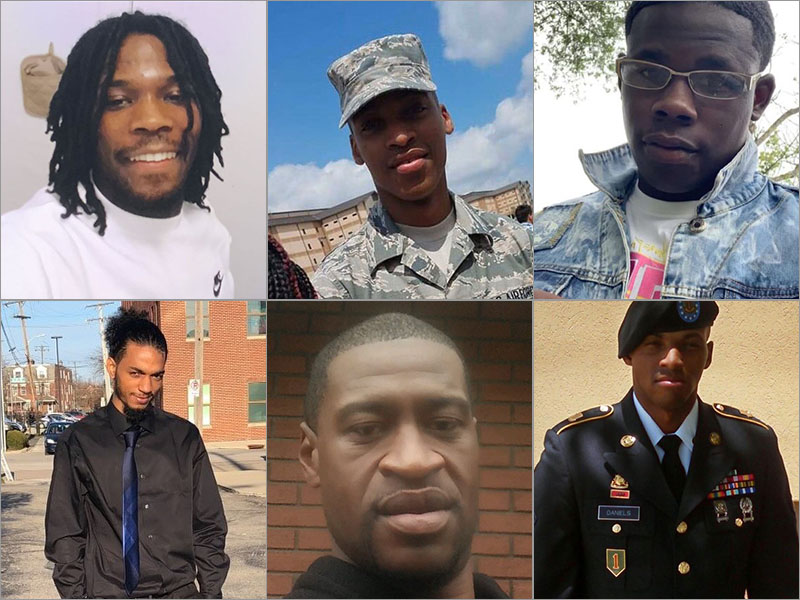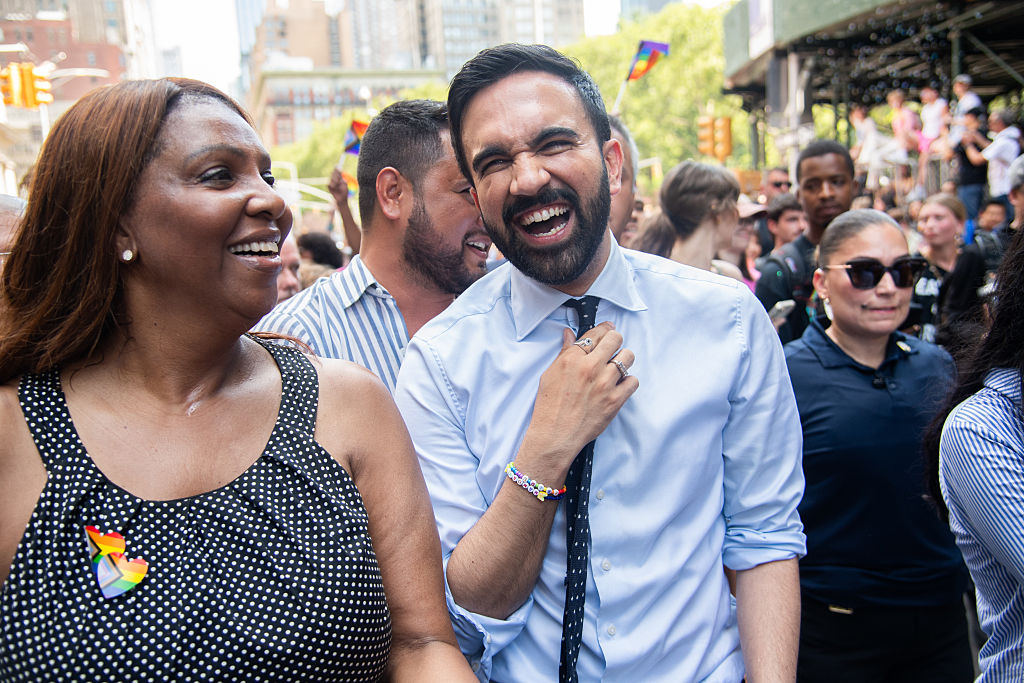Marvin Sapp & R. Kelly's Gospel Song Does More Harm Than Good
‘Listen:’ Marvin Sapp & R. Kelly’s Gospel Song Does More Harm Than Good
Award-winning gospel artist Marvin Sapp has partnered with R. Kelly on a new track called, “Listen.” The song is full of oversimplified Biblical metaphors and Black church idioms. The call and response between Kelly and Sapp seem to be as much about their own testimonies of struggle as those of the listeners. The duo sings about evil, the devil, and what it means to be “under attack.” Yet, one evil is lurking behind the melody listeners should not readily overlook. Kelly is an alleged child rapist. Several young women have accused Kelly of sexually assaulting them, and I will always believe survivors.
RELATED: R. Kelly Pisses Me Off
Earlier this year, Rolling Stone published a timeline of Kelly’s sexual indiscretions, beginning most notably in 1994 when Kelly married the late singer Aaliyah, who was 15 at the time of their nuptials.
Kelly’s list of sins, evils if you will, are long seemingly. And while I am not in the position to cast the proverbial first stone, it is important to note Kelly has not publicly reckoned with the wrongs he has been accused of committing. Even as he remains a public icon—whose hit song “Step in the Name of Love” from his 2003 album, Chocolate Factory, still keeps Black folks on their feet at family cookouts—he has failed to publicly account for his wrongdoings.
However, as writer and sexual assault survivor Tarana Burke has observed at Atlanta Black Star, “There have been enough [think pieces] written, as well as exposés and articles and timelines about the horrendous sexually predatory behavior of Robert Sylvester Kelly. I don’t want to talk about him. I want to talk about them. The girls. The Black girls who he has stalked, preyed on, manipulated, terrorized, abused and discarded for the better part of two and a half decades.”
Given Kelly’s behaviors, what does it mean for Black church leaders to continue to stand with and work alongside him and other [alleged] rapists? What does that say about Black churches? What does that say about the theological understandings and the cultural practices maintained within some Black churches? What does that say about the Black church’s treatment of women, girls, vulnerable children, and queer, gender nonconforming and transgender people?
According to an ongoing study at Black Women’s Blueprint, 60 percent of Black women report having been raped by the age of 18. National statistics posit that 1 in 4 girls are sexually assaulted and 1 in 6 boys. These numbers are staggering.
Womanist theologians and Black feminists have written extensively about the sexual politics of Black churches, and have specifically named the ways cisgender male dominance and the suppression of women and children collude to create the conditions where someone like Sapp would partner with Kelly without accountability.
As the Rev. Dr. Eboni Marshall Turman has argued, “Sacralized misogynoiristic Black Church practices invisibilize, demonize, and morally paralyze black women and black girls every day.” And this is why Sapp and Kelly can collaborate on a project that places Kelly as an innocent victim, “under attack” by enemies and fake friends and searching for God’s voice, all while he and others refuse to listen and take seriously Black women and girls’ humanity.
There is no liberation in a gospel song that coddles and protects harm doers, rapists, misogynists, and sexually violent people, all while pushing to the side, shaming, degrading, and victimizing survivors of sexual violence in all its many forms.
Indeed, who can “listen” to a gospel song that triggers survivors, and who can “listen” to a God who accepts an [alleged] rapist’s worship without convicting that same rapist to repent of his sexually violent ways? Who can “listen” to a gospel artist and preacher who stands and works with an [alleged] rapist? Who can “listen” when such collaboration causes us to question whether all involved with the track’s production rape and/or condone rape?
The song deserves public scrutiny or, at the least, skepticism for sure. There is no liberation in a gospel song that coddles and protects harm doers, rapists, misogynists, and sexually violent people, all while pushing to the side, shaming, degrading, and victimizing survivors of sexual violence in all its many forms.
Bishop Sapp, who is also the Pastor of Lighthouse Full Life Center Church in Grand Rapids, Michigan, is a prominent voice across the nation. His collaboration with R. Kelly is an endorsement of Kelly’s troubling behavior. It is also a slap in the face to all of the survivors in his church, who listen to and support his music, and who look to pastors as spiritual leaders who are expected to heal, and not hurt. And even as pastors are flawed human beings, like the rest of us, pastors should never rape nor stand with rapists.
Sapp and Kelly sing about the devil, but the reality is that the devil is present within and outside of the church. Rape is the devil’s work. The silence of those who protect harm doers and further victimize those harmed is the devil. And as the Prophet Jeremiah once declared, “Woe be unto the pastors that destroy and scatter the sheep of [God’s] pasture!”
Ahmad Greene-Hayes is a doctoral student in the Departments of Religion and African American Studies at Princeton University. He also currently serves as an inaugural cohort fellow of the Just Beginnings Collaborative (2016-2018), where his project, Children of Combahee works to eradicate child sexual abuse in Black churches. Follow him on Twitter @_BrothaG.
SEE ALSO:
FBI Will Not Investigate Kenneka Jenkins’ Freezer Death
David Clarke Goes On Twitter Tirade, Calls Maxine Waters ‘Black Supremacist’
‘Listen:’ Marvin Sapp & R. Kelly’s Gospel Song Does More Harm Than Good was originally published on cassiuslife.com
















